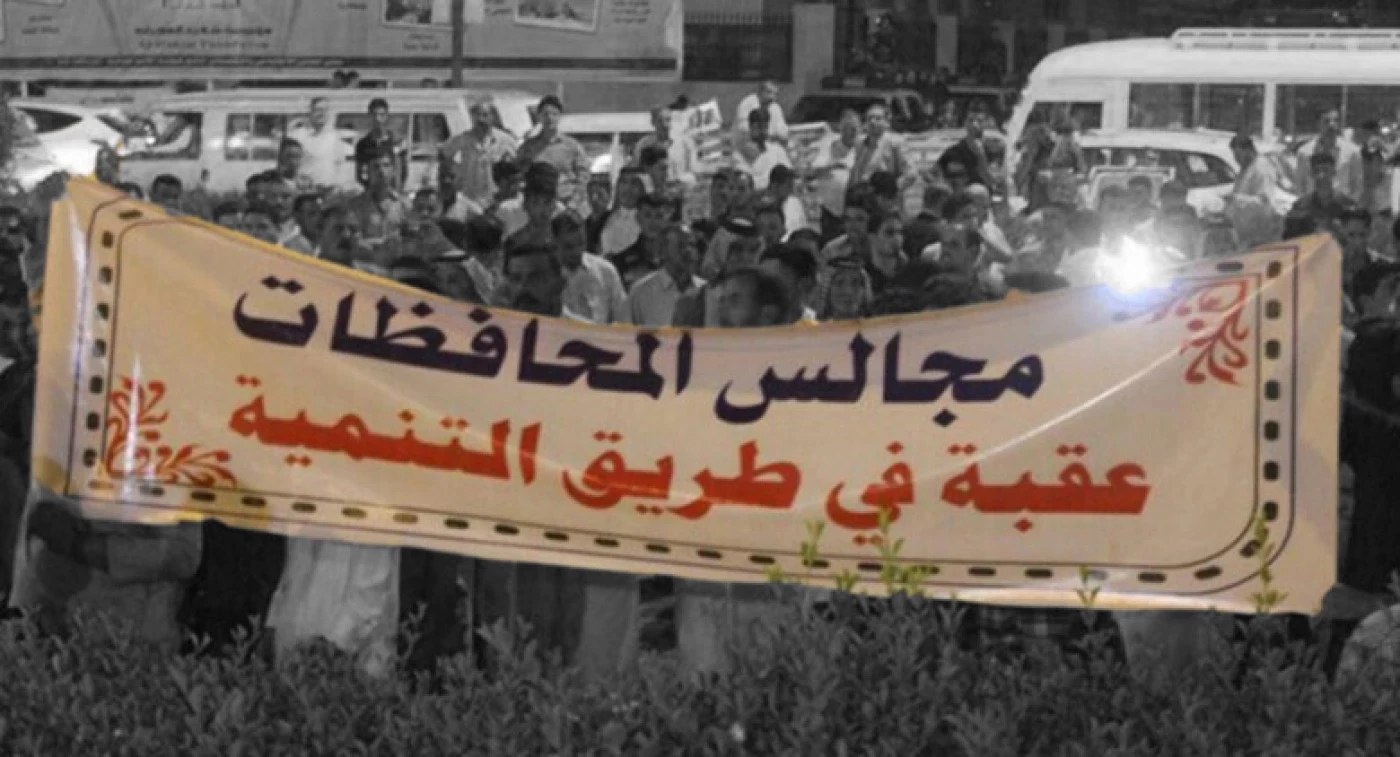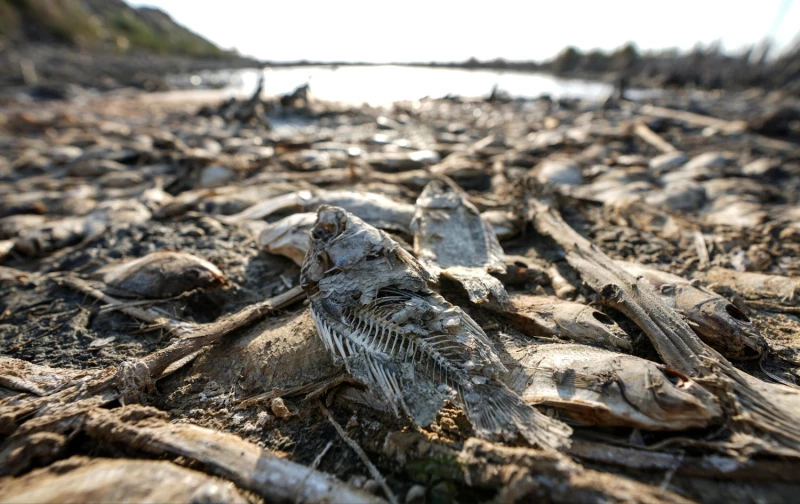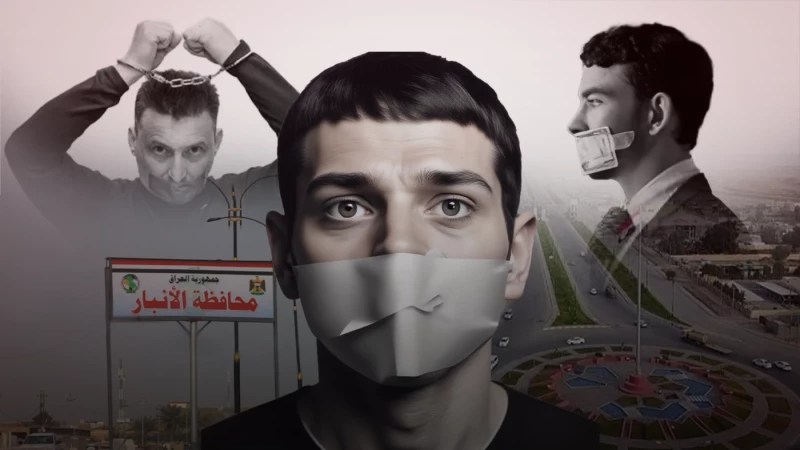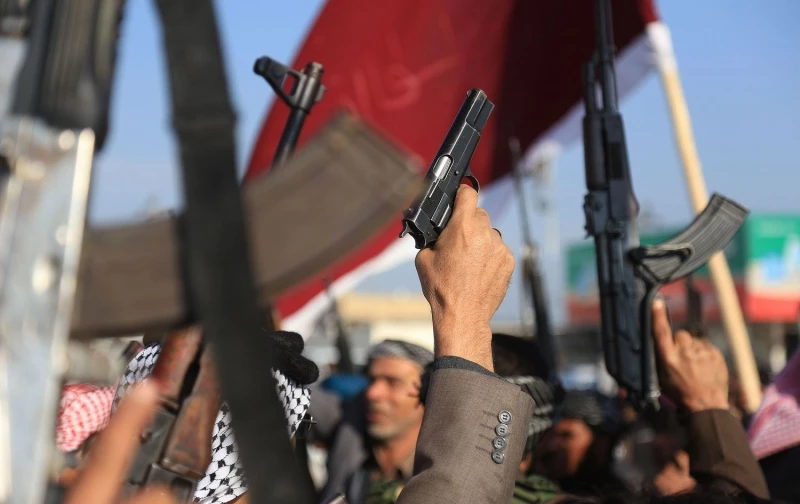ERBIL, Kurdistan Region of Iraq - Iraq’s provincial councils have been stuck in conflict and crisis since returning in 2023. Instead of showing real achievements, the councils have mostly made headlines for dismissing governors or turning meetings into physical fights, like the recent case in Diyala.
According to political experts and observers, these councils have become a burden to the political system rather than a solution to Iraq’s many challenges.
Council powers
The Iraqi constitution gives provincial councils the right to act as the legislative and oversight bodies in each province.
These elected councils can pass local laws to manage the provinces under the principle of administrative decentralization, as long as they do not breach the constitution or interfere with federal powers.
Each council’s term lasts four years from the day of its first meeting, based on a 2008 law for provinces not part of the Kurdistan Region. Councils are financially independent and represented by their elected president or a delegate. They report directly to the federal parliament and receive budgets from the federal government.
The councils can also collect money from services, local investment projects, fees, and fines, as allowed by the constitution and federal laws.
According to Article 122 of the constitution, provinces are made up of districts, subdistricts, and villages. The provincial governor, elected by the council, is the top executive official and exercises powers assigned by the council. These councils do not report to any ministry and have independent finances.
Article 123 allows the federal government and provinces to give powers to one another, with both sides agreeing and as organized by law.
Dissolution and return
The councils were dissolved in 2019 during the October protests. Protesters, who had originally demanded a full government change, shifted focus to major reforms. Parliament responded by voting to dissolve the councils, which had come to be seen as party tools that worked against the people.
On October 28, 2019, the parliament voted in principle to dissolve provincial, district, and subdistrict councils until new elections. Those elections were supposed to take place the following year but were delayed for four years.
The parliament gave governors authority to manage financial and administrative matters in each province. The legislature also supervised the governors and required them to submit their budgets to the finance committee.
A month later, the parliament passed a second amendment to the 2018 election law, officially ending the work of the provincial and local councils.
Under the amendment, members of parliament from each province would supervise the governor’s actions and submit recommendations to the parliament.
No new provincial elections would take place. Instead, only governors and their deputies would be selected.
Efforts to bring back the councils began in February 2020, after protest momentum slowed. Former council members argued they had not been paid and claimed that dissolving the councils was not legal.
Back then, Speaker of Parliament Mohammed al-Halbousi said dissolving the councils was both legal and constitutional. But that changed in June 2021 when Iraq’s Federal Supreme Court ruled that while the councils’ terms had expired, dissolving them was unconstitutional.
Following the court’s ruling, the local election law was amended again to allow for the councils to return.
Most Iraqis did not care about their return. More than 18 million voters boycotted the elections, leaving fewer than seven million votes cast out of over 25 million eligible voters, according to the electoral commission.
Post-election failure
The elections for provincial councils not linked to the Kurdistan Region took place on December 18, 2023, to elect new members. These elections had originally been scheduled for 2018 but were delayed several times due to protests.
In March 2023, Parliament set the December date for the vote, with campaigns starting on November 1. A total of 5,898 candidates competed for 285 seats across 15 provinces.
Now, nearly 18 months later, the councils have shown little success except for ongoing conflicts and crises in many provinces.
Some politicians have called the councils “shops for traditional parties” and criticized them for not delivering results since the elections.
One major issue occurred in Wasit province, where the head of the provincial council accused a parliament member from the Coordination Framework of threatening to kill him with a drone.
According to a legal complaint by Council President Ali Suleiman, MP Youssef al-Kilabi pressured and threatened members of the “More Beautiful Wasit” bloc, led by Governor Mohammad al-Miyahi, to support his bid to become governor.
In Nineveh, the council struggled with committee appointments and changing local administrative heads even after securing key positions.
In southern Iraq, the Coordination Framework’s plan to manage local governments fell apart. This was clear when Dhi Qar council president Abdul-Baqi al-Omari, a member of Minister Ahmed al-Asadi’s bloc, was removed from office.
Observers expect similar problems to happen in other provinces, especially in central and southern Iraq. The Framework is trying to rearrange its power across local governments after several internal deals failed, and this pattern is repeating.
Other provinces are also facing continued instability. In Diyala, Council President Omar al-Karawi publicly supported the idea of dissolving the council.
“This is not a political move,” Karawi said. “I truly believe we must end these repeated crises, especially after court decisions supporting my position as president were ignored.”
Diyala’s council has seen constant issues since the elections, including repeated attempts to remove the president, followed by court orders reinstating him. Still, most members have stalled on following the court’s rulings.
In Dhi Qar, the problem is not limited to the council’s president. The province’s governor was also removed. Murtadha al-Ibrahimi was dismissed early in 2024, and tensions remain.
Nearly every province, including Baghdad, Salahadin, and Kirkuk, is dealing with power struggles linked to the councils. In Kirkuk, three political blocs are now working to remove Council President Mohammad Ibrahim.
Prediction of failure
On June 23, 2023, six months before the elections, Fatah Alliance leader Uday Abdul Hadi warned about problems if the councils returned. He pointed out four major concerns.
He said public opinion is strongly against bringing back the councils, even though they are constitutional. That is because past councils failed to support reconstruction or solve problems. Instead, they created more trouble due to political conflicts and personal agendas.
Abdul Hadi also said some councils pressured governors and departments to serve private interests, which caused serious problems.
Ahmed al-Wandi, a leader from the Victory Alliance, said the poor performance of the councils is due to the way political parties picked candidates and because voters were not fully aware of who they were voting for.
He added that many council members have no real plans or programs. Some just want to use the council as a stepping stone to Parliament. He said it is important for the councils to avoid political fights and focus on what people actually want.
The New Region tried to speak with council members across Iraq, but all declined to comment. Some said their councils are not living up to expectations and are facing serious challenges.
Social researcher Mona al-Amiri said the councils were supposed to make government work easier but have instead become places for political fights and settling scores. She said the councils have hurt public services and failed the people.
Amiri said the councils have become an extra, unnecessary layer in government. Their main purpose now seems to be to help parties divide power and control.
Political expert and academic Ghaleb al-Daami said the councils are working in a confused and disorderly way. He said they often break legal limits.
“They have taken over too much of the executive branch’s role,” Daami said.
“They’ve also gotten involved in corruption and used up public money on things they shouldn’t, like offices, electricity, and extra expenses beyond their salaries.”
He added that if this kind of council system is used in other countries, it should be updated. “Their job should only be to oversee projects, not interfere with government operations,” he said.


 Facebook
Facebook
 LinkedIn
LinkedIn
 Telegram
Telegram
 X
X



